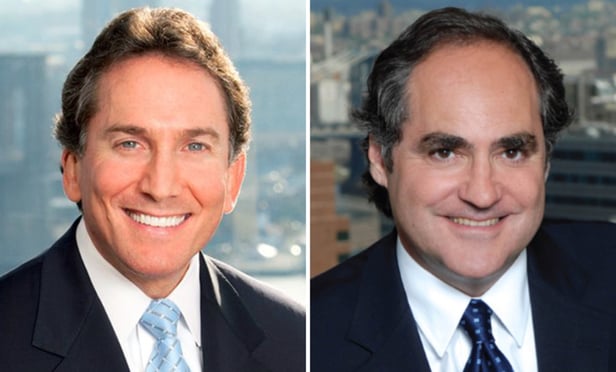As consumers of various products and services, we often place our trust and reliance in those who make weighty decisions that have the potential to impact our health, safety and well-being. The concept of trust and reliance permeates almost every aspect of our lives; however, we rarely, if ever, stop to contemplate whether our trust and reliance should properly be placed in those who make these weighty decisions in the first place. Everyday examples of us placing our trust and reliance in others are almost infinite: We rely on the bus company to select safe drivers; we rely on buildings to properly service and maintain their elevators; we trust airlines to have hired only those pilots who are properly trained; and we rely on our schools to thoroughly vet teachers to ensure those teachers will not cause harm to our children. But how many times have we, as consumers, asked before traveling on an airline: Tell me about the qualifications and training of your pilot. How many times, before boarding a bus, have we asked whether the driver has been convicted of any traffic violations? How many times, before sending our kids to school, have we asked the school whether it conducted a background check on the teacher?
The truth is that even if one wanted to make such an inquiry it would be difficult, if not impossible, to get an immediate response. While there are times when consumers do check professional qualifications such as finding out about a heart surgeon before going in for surgery—the qualifications of ancillary professionals are almost never checked, such as the background of the anesthesiologist, radiologist, or pathologist. The trust and reliance that we place in those who make crucial decisions about our health and safety often goes unchallenged until something goes wrong. But when something bad does happen, the concepts of trust and reliance can form the basis for the successful prosecution or defense of a claim if the proper trial techniques are used to develop and explore the adequacy or inadequacy of those major decisions.


 Ben Rubinowitz and Evan Torgan
Ben Rubinowitz and Evan Torgan




